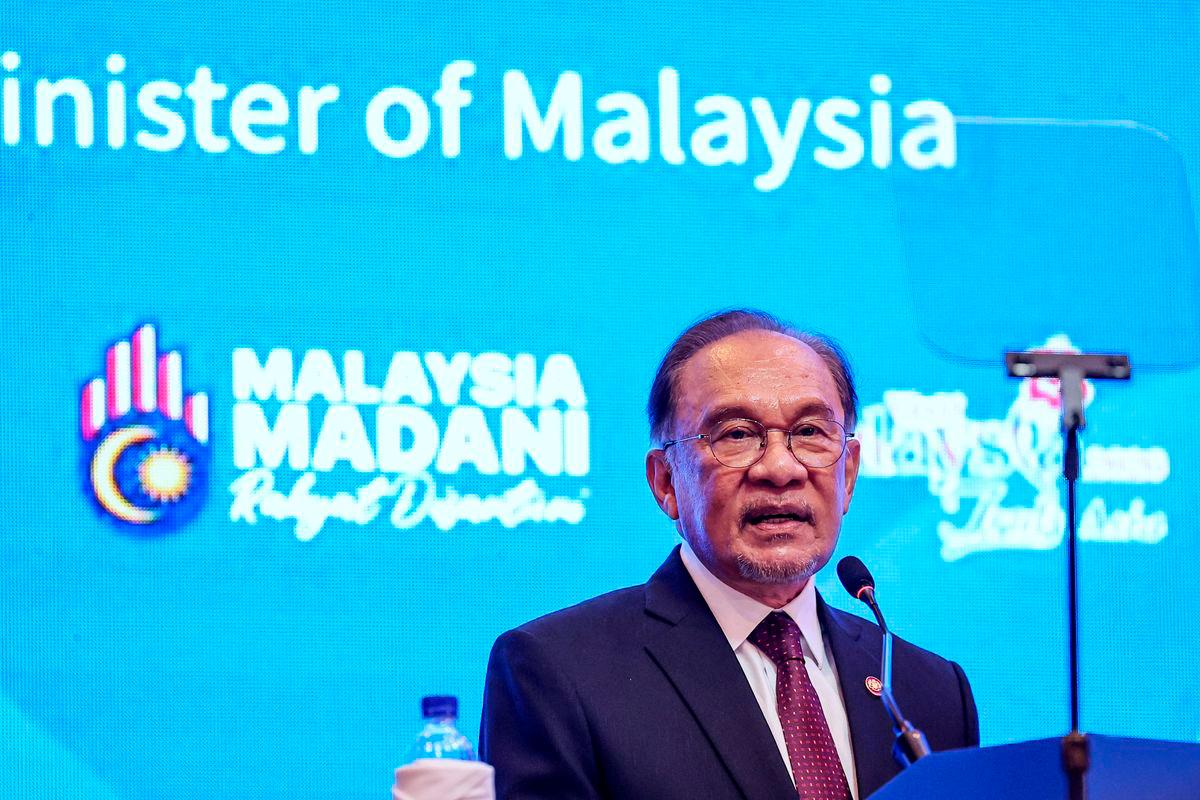KUALA LUMPUR: Malaysia intends to convene a summit of Regional Comprehensive Economic Partnership member countries in October as ASEAN Chair.
Prime Minister Datuk Seri Anwar Ibrahim stated the aim is to demonstrate Asia’s continued leadership in promoting openness despite global inward trends.
He emphasised that RCEP remains one of the few forums where rival nations engage in constructive dialogue together.
The summit will enable fifteen member countries to evaluate and accelerate implementation of free trade policies.
These members include all ten ASEAN nations plus Australia, China, Japan, South Korea and New Zealand.
Anwar described RCEP as the world’s largest free-trade area covering 30% of global GDP during his Boao Forum address.
He insisted the partnership must transform from legal text into active political cooperation with renewed energy.
The Prime Minister urgently called for Asian countries to coordinate policies and invest in shared resilience.
This coordination would help defend against disruptions caused by the world’s largest economies.
Anwar warned that major global economies have become disruptors rather than custodians of the trading system.
He observed that tariffs swing wildly while export controls and financial sanctions create widespread uncertainty.
The Prime Minister suggested Asian countries could emulate ASEAN’s model of open and inclusive regionalism.
Malaysia remains determined to preserve ASEAN’s centrality through practical implementation rather than rhetoric.
Anwar stressed that realising the “Asian century” requires deliberate effort toward regional cohesion and policy coordination.
He noted that Asia faces fragmentation despite growing middle classes and resilient trade volumes.
Demographic challenges, unresolved rivalries and polarisation risks hinder greater continental unity.
ASEAN and China recently concluded negotiations for the ASEAN-China Free Trade Area 3.0 agreement.
This updated agreement incorporates digital economy, green growth and supply chain connectivity elements.
It reflects modern prosperity drivers including data flows, digital platforms and sustainable energy transitions.
Anwar described the agreement as demonstrating rules-based and future-oriented engagement with China.
He emphasised that Asia must not neglect the wider Asia-Pacific architectural framework.
Technology presents the starkest test of sovereign interdependence for Asian nations.
Artificial intelligence, automation and digitalisation are transforming the world with remarkable speed.
These disruptions combined with trade weaponisation characterise a new geoeconomics era.
Trade, finance, technology and security now converge as points of rivalry rather than operating separately. – Bernama









